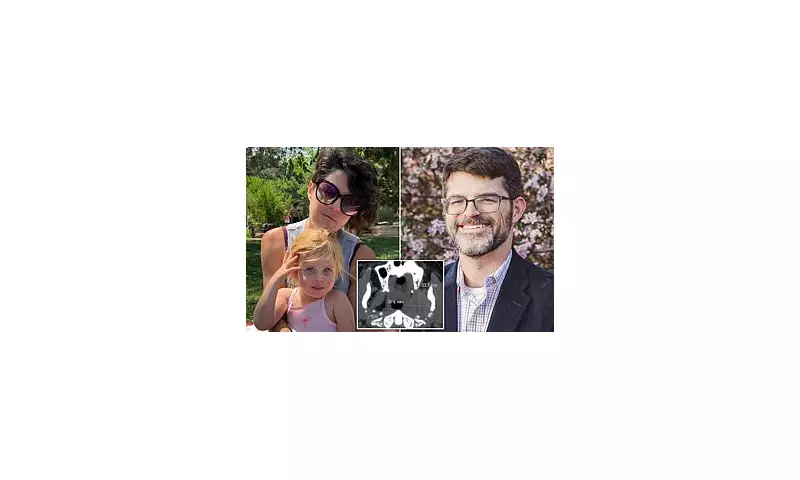
In an extraordinary medical turnaround that's capturing attention across the oncology world, a Colorado mother has completely beaten terminal cancer after participating in a revolutionary new therapy trial.
From Terminal Diagnosis to Complete Recovery
The patient, who had been given a devastating terminal prognosis by multiple specialists, saw her advanced cancer completely disappear after receiving the groundbreaking treatment. Medical scans now show no detectable traces of the disease that doctors once believed would claim her life.
The Revolutionary Treatment Approach
This remarkable recovery stems from an innovative therapy approach that represents a significant departure from conventional cancer treatments. Unlike traditional chemotherapy or radiation, this method works by harnessing the body's own defences to target and eliminate cancer cells.
Key aspects of the breakthrough therapy include:
- Personalised treatment tailored to the patient's specific cancer type
- Minimal side effects compared to conventional treatments
- Potential application across multiple cancer varieties
- Long-lasting results that prevent recurrence
Hope for Cancer Patients Worldwide
This case is generating significant excitement within the medical community, offering new hope to millions of cancer patients who face terminal diagnoses. Researchers believe this therapy could represent the future of cancer treatment, potentially transforming how oncology is practised globally.
The successful outcome demonstrates that even the most aggressive cancers may be treatable with the right therapeutic approach. Medical teams involved in the case are now working to make this treatment available to broader patient populations.
What This Means for Cancer Research
This breakthrough underscores the importance of continued investment in innovative cancer research. The therapy's success validates years of scientific work and clinical trials, proving that persistent research efforts can yield life-saving results.
As medical institutions worldwide take note of this achievement, cancer treatment protocols may soon undergo significant changes, offering new possibilities for patients who previously had limited options.





